Papers
Published papers by PSC members
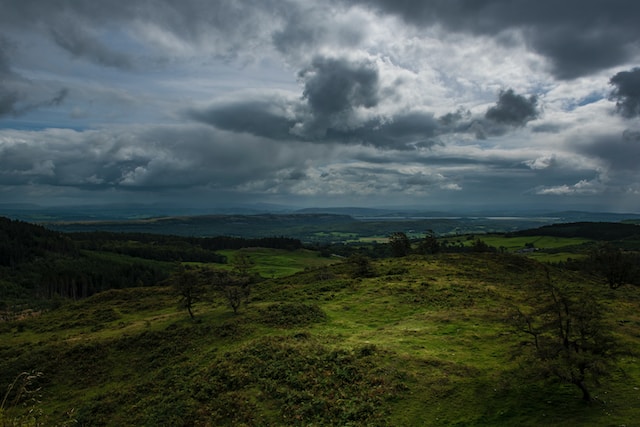
Becoming a climate-aware counsellor: Supporting ourselves, clients and communities
Dr Sally Gillespie, Carol Ride and Christie Wilson, Counselling Australia Journal, Autumn 2023
Climate and ecological crises are significantly harming global ecosystems, societies, and physical and mental health. Counselling professionals can offer support to individuals and communities by helping to contain, and make sense of, often intense feelings, including overwhelm, fear, grief and anger, that arise in response to worsening climate-driven catastrophes and ecological losses.
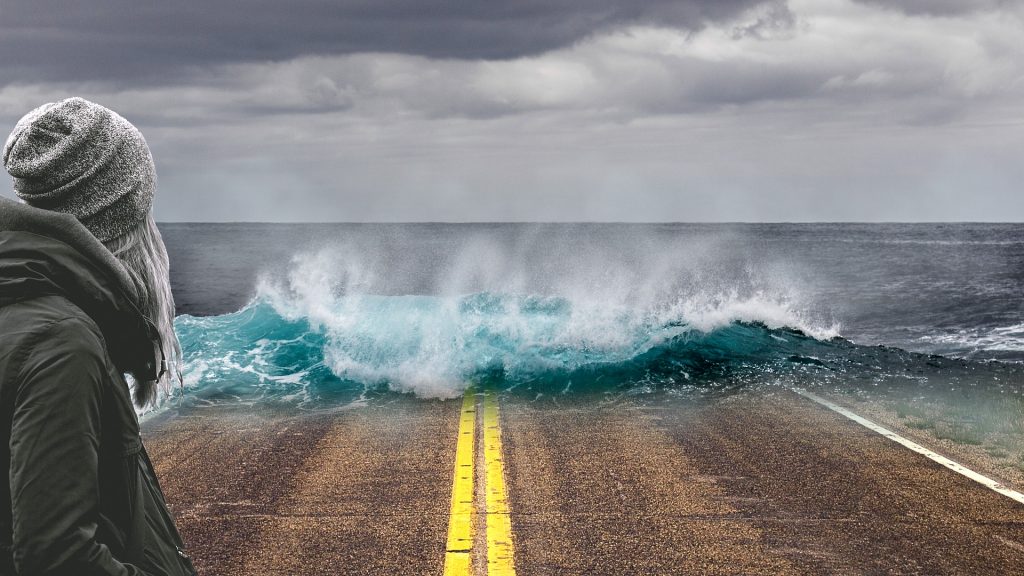
The Psychodynamics of Climate Change Denial: The Need for an Ecopsychoanalysis
Charles Le Feuvre
Within psychology and psychoanalysis there has been much denial of the psychological importance of the natural environment. Some psychoanalytic and other relevant views of the psychological significance of the natural environment will be discussed. It will be argued that there is a need for an ecopsychoanalysis, made more urgent by climate change.
Papers presented by PSC members
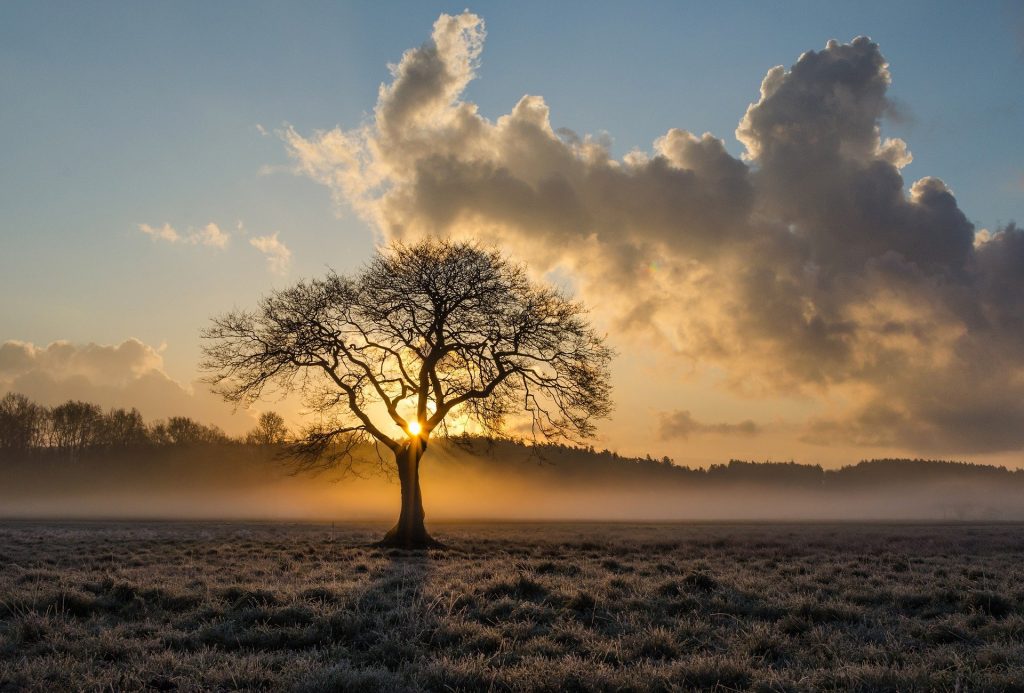
"Our House is on Fire" Self and Nature in the Anthropocene: Denial and Care in relation to the Natural Environment and Climate Change
Charles Le Feuvre: The Victorian Faculty of Psychotherapy, RANZCP – David Ingamells Memorial Lecture 2019
Psychoanalysis offers a deep listening to what has primarily been the human world. How can it help us to listen to our country and planet and help us deal with the planetary emergency of climate change?
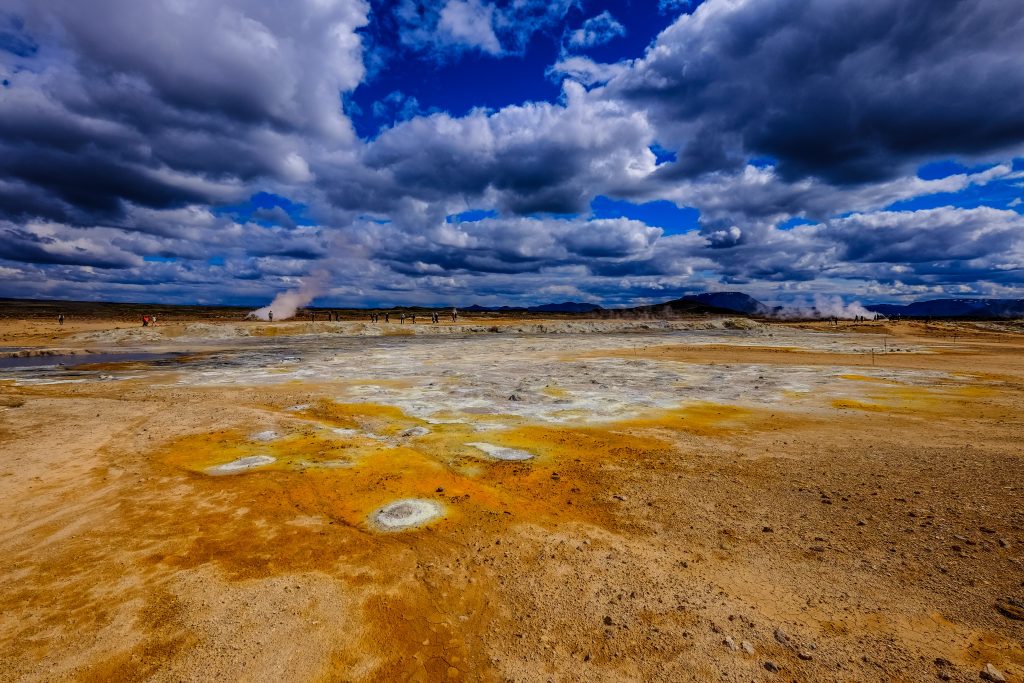
1.5 degrees warming: Too close for comfort
Carol Ride: Bass Coast Groundswell, February 2016
There is a tremendous amount of work ahead for those of us who understand the huge inadequacies of the so called ‘Paris agreement’ to limit warming to 1.5 degrees. This paper explores the challenges from a psychological perspective.
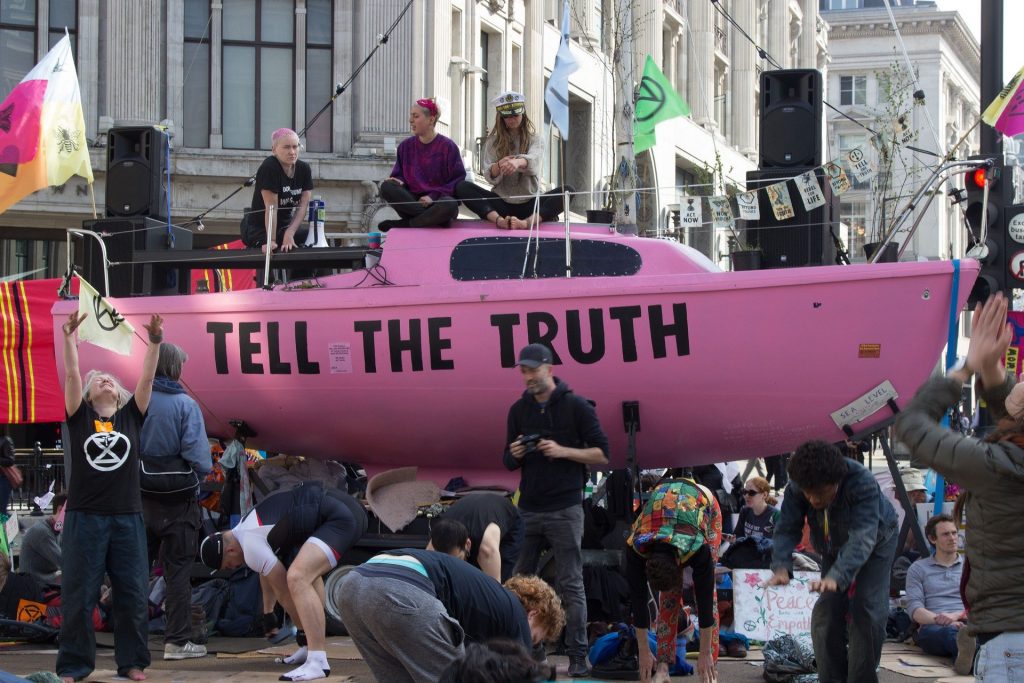
Climate Change: Facing the facts or perverting them
Carol Ride: Victorian Association of Psychoanalytic Psychotherapists (VAPP), 2014
The facts of climate science are discussed: they are alarming and demand an urgent response. Carbon dioxide levels are higher than at any time since the modern human evolved and impacts are already being experienced. There is a consensus among climate scientists about the cause, and much technical work has been offered as contributions to solutions. Yet the Australian governments’ response and that of international governments is perverse, as will be illustrated. The level of risk currently being tolerated in setting of global targets will be reflected upon considering the level of risk we normally tolerate in society. The reality of climate change is hard to accept and the prevalence of witch hunting and scapegoating instead, compels us to reflect on human nature.
Download PDF

Moving Beyond the Couch towards Acceptance of Climate Change
Rosemary Crettenden: Victorian Association of Psychoanalytic Psychotherapists (VAPP), 2014
This paper explores some of the psychological factors which underlie the widespread denial of climate change in its many forms. While a majority of the population in Australia and many developed countries say they accept the science, there appears to be an inability to engage on an emotional level with the implications of what this actually means to us all. How can we use psychoanalytic ideas about anxiety and our common defences against it such as denial, splitting and projection, denigration, idealisation and omnipotence, and how they relate to climate change, to assist with our understanding of this phenomenon? How might psychoanalytic understanding help us all do our part in promoting a shift in the community to a position where conversations about climate change become socially acceptable?
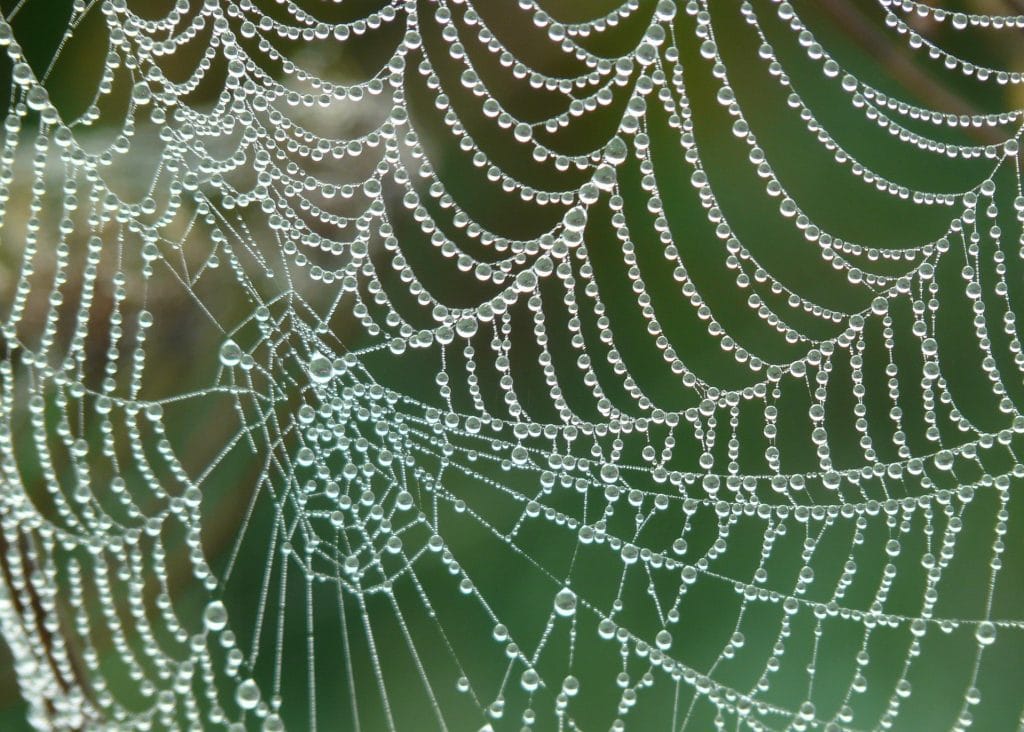
Mother Nature
Charles Le Feuvre: Australian Psychological Society Psychoanalytically Oriented Psychology Interest Group (POPIG), 2014
The climate crisis may be seen as part of a broader crisis of our relationship to nature. To what extent are we able to accept our dependence on nature and our vital connection with it? From a psychological perspective it relates to the conflict between the concerned, dependent aspect of ourselves versus the more narcissistic and omnipotent aspect, both in terms of our relationship to fellow humans and to our natural environment.
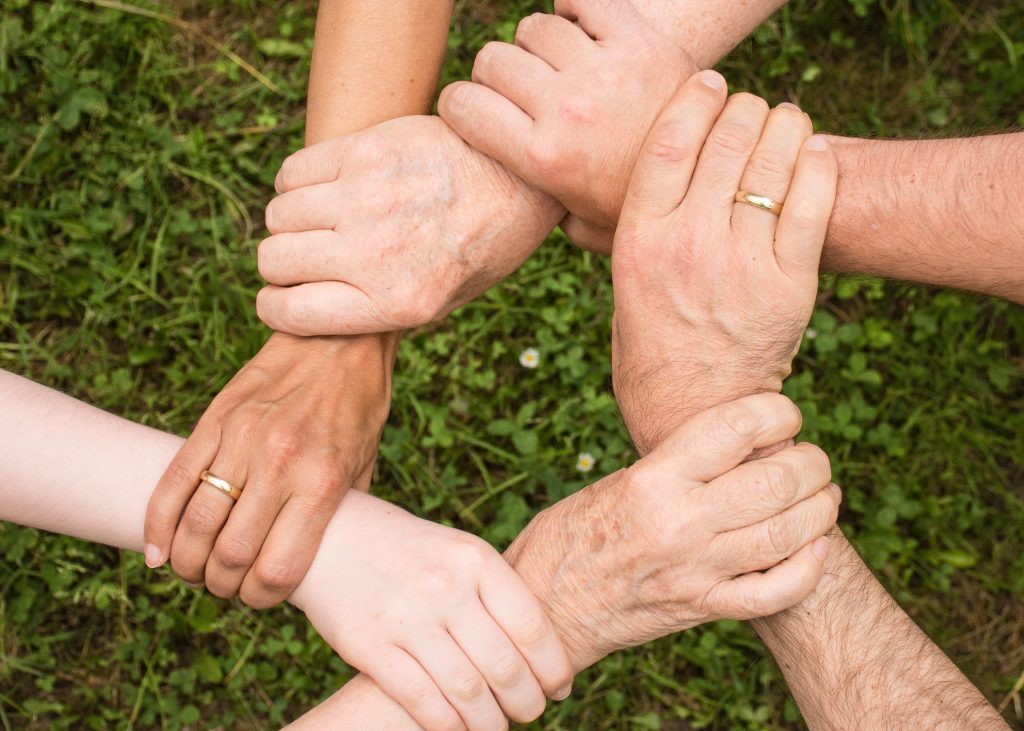
Group defensive processes evident in an organisation that disavows climate change science
Benjamin Nisenbaum: Australian Psychological Society Psychoanalytically Oriented Psychology Interest Group (POPIG), 2014
This paper looks at some of the psychological processes which groups unwittingly use to harbour and support positions which refuse to acknowledge the scientific findings of climate change scientists. The psychoanalyst Wilfred Bion described in his findings of group studies a number of group unconscious defensive processes which he called ‘basic assumptions’ which members of groups make when they are in the process of avoiding a reality which they find unbearable. This paper looks at one organisation known for its dismissal of climate change science and identifies in its published material the derivatives of Bion’s basic assumptions.

Climate Change and Psyche: Conversations with and through Dreams
Sally Gillespie: Presented at PSC conference, Northcote Town Hall, March 2015
This paper presents research inquiring into the psychological realities of those who are actively engaged with climate change issues, asking questions about how such people can be supported, and what can be learnt from understanding their psychological processes. Utilising a depth psychological approach, a co-operative research group of activists, researchers, policy makers and social communicators met in Sydney, Australia to share their daily experiences and concerns, and nightly dreams, articulating frustrations, griefs, hopes and fears in relation to global warming….More
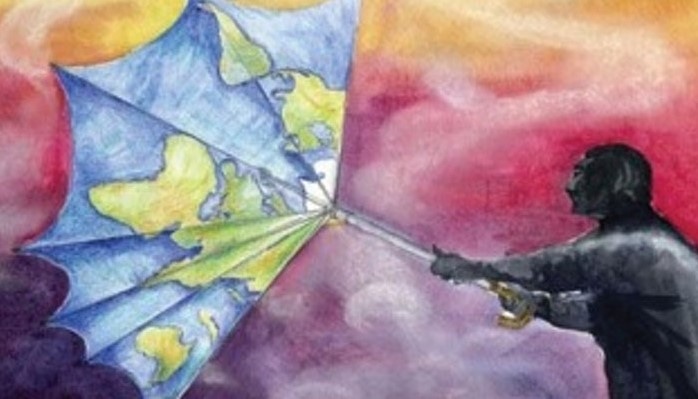
He who has the most toys wins: The Effect of Death Anxiety on Environmental Behaviours
Andrea Bunting
This paper deals with another external trigger of death anxiety. It was motivated by the idea that messaging on environmental problems may elicit unconscious death anxieties, which foster counterproductive behaviours such as excessive consumption that exacerbate environmental degradation. Recent messaging on climate change and general environmental degradation certainly embody dire warnings. (See for example Hamilton, 2010.) Much messaging, however, focuses on collective rather than individual threats, and presents the threat as one primarily affecting future generations. Thus is it not clear if climate messaging could trigger death anxiety, and reportedly this has not yet been studied. Feinberg and Willer (2011), however, found evidence that dire climate change messages threaten just-world beliefs, resulting in people being less willing to counteract climate change.

Is climate change the business of psychoanalysis?
Carol Ride: Australian Psychological Society Psychoanalytically Oriented Psychology Interest Group (POPIG), 2013 and 2014
Facing and accepting reality are very much at the heart of psychoanalysis. In the “Wolf Man”, Freud wrote of the resistance to reality which included the reality of the very findings of psychoanalysis itself. Parallels will be discussed between Freud’s understanding of this process, and the response of the community to news of climate change. As well the international response will be considered as one of perversity as it becomes ‘acceptable’ to tolerate a temperature rise of 2 degrees warming and beyond. What do we need to help us face reality and respond on a scale commensurate with the problem?
Download PDF (Abridged version presented to POPIG Victoria in 2014)
Download PDF (Unabridged version presented at 2013 National POPIG conference)
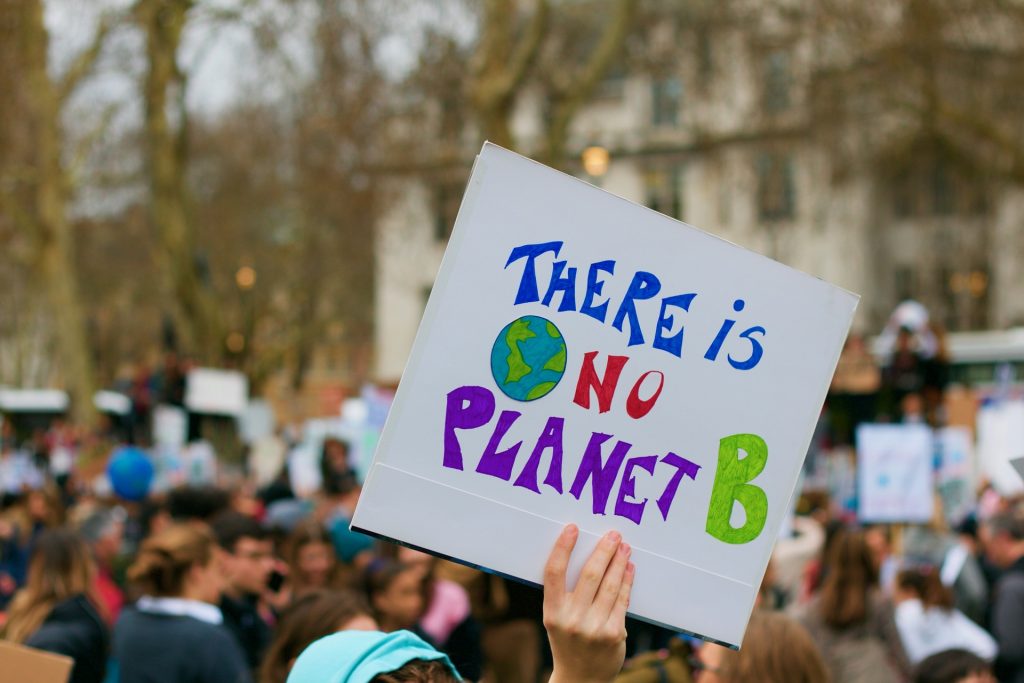
Deck Chair Democracy - Black and white thinking is simpler!
Carol Ride, Psychology for a Safe Climate: Presentation on Parliament House Steps, May 22 2011
Reflections on Carol’s motivation to work for a safe climate and why black and white thinking is simpler!

